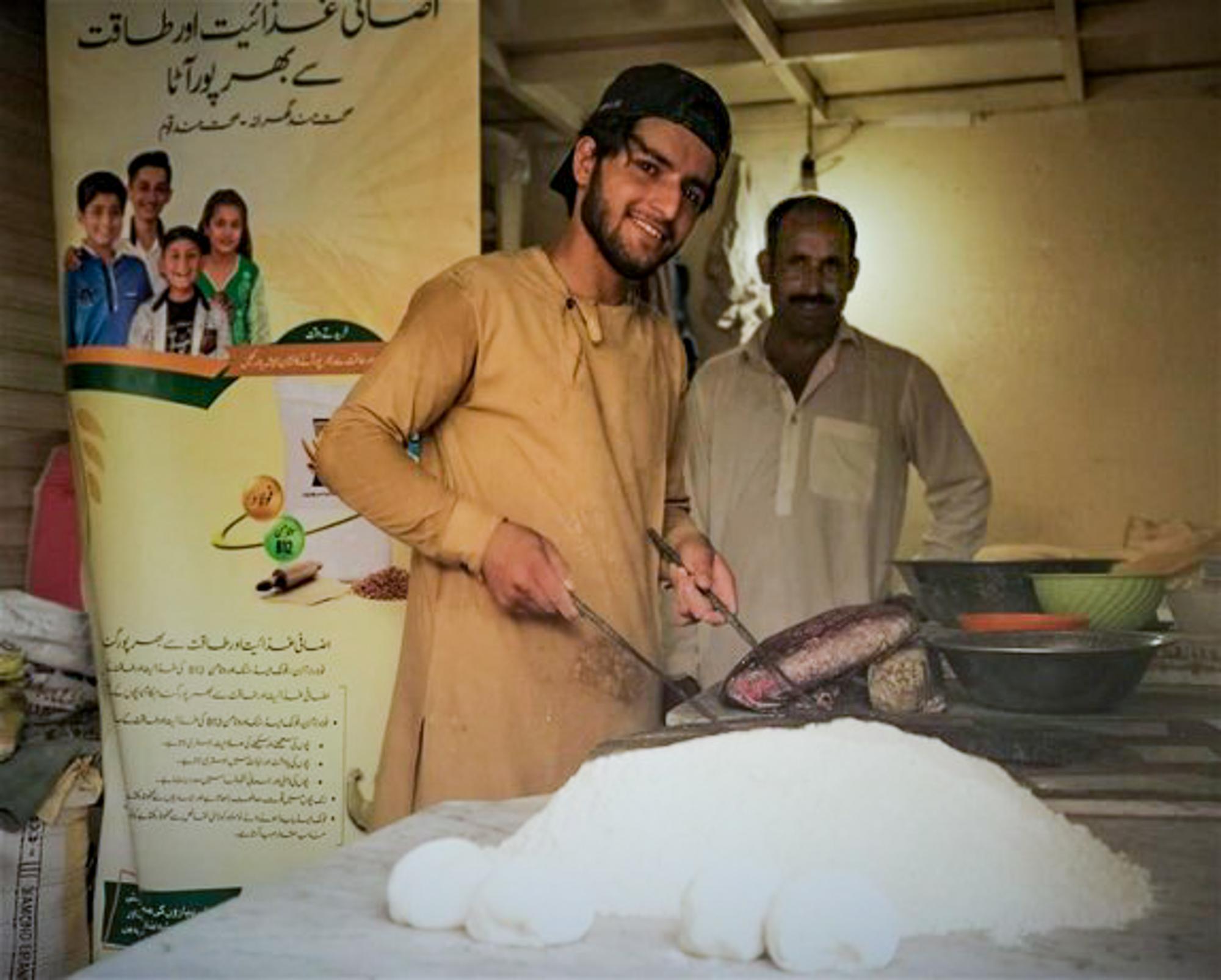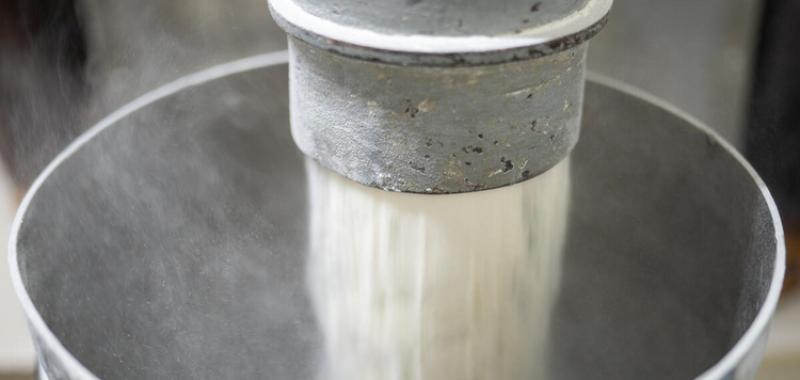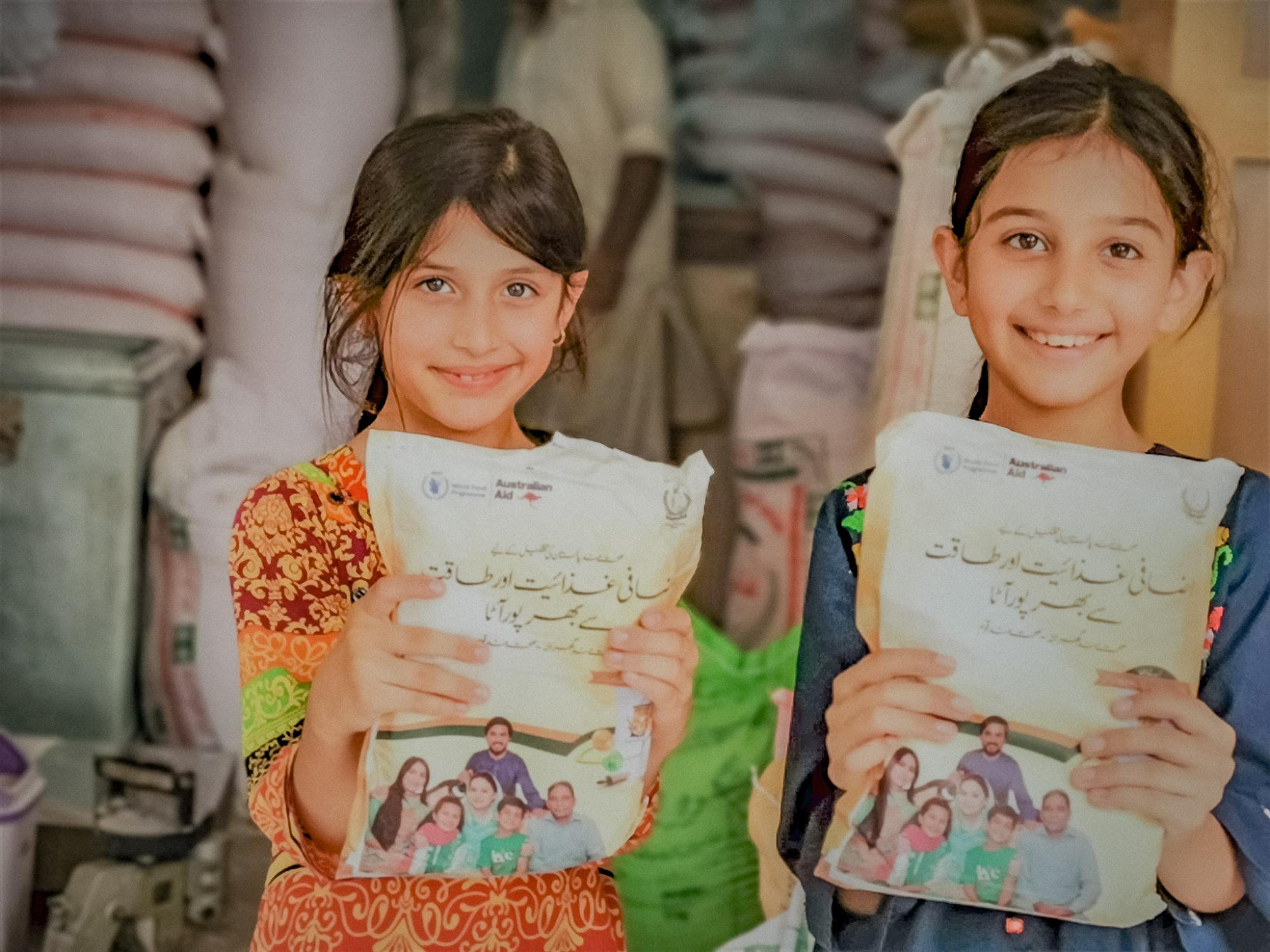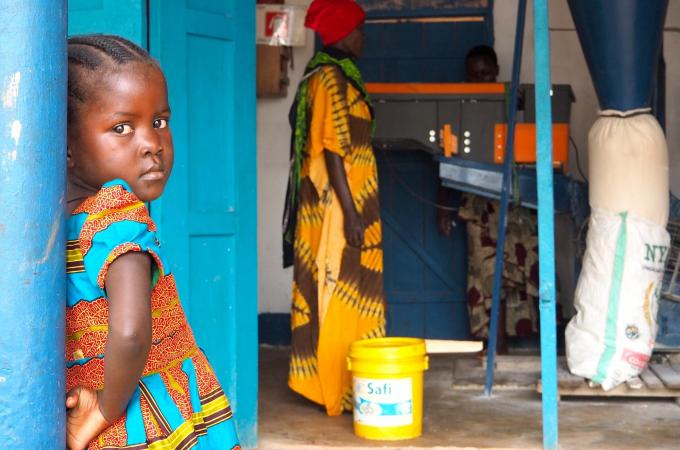
Despite progress, Pakistan's nutrition and hunger situation remains serious, ranking 109th out of 127 countries in the 2024 Global Hunger Index. It struggles with high multidimensional poverty. Nearly half of an average household’s monthly expenditure goes towards food, and 82 percent of the population cannot afford a healthy diet. A total of 18 percent of children under five suffer from acute malnutrition, and around 40 percent of children are stunted, or experiencing impaired growth due to malnutrition.
Food fortification, a key strategy to combat malnutrition, involves adding vitamins and minerals to commonly eaten foods. Fortification is generally done via large-scale production systems. In Pakistan, however, most people, including the poorest and most at risk of malnutrition, buy their wheat flour from one of the country’s 70,000 small-scale mills, called chakkis.





